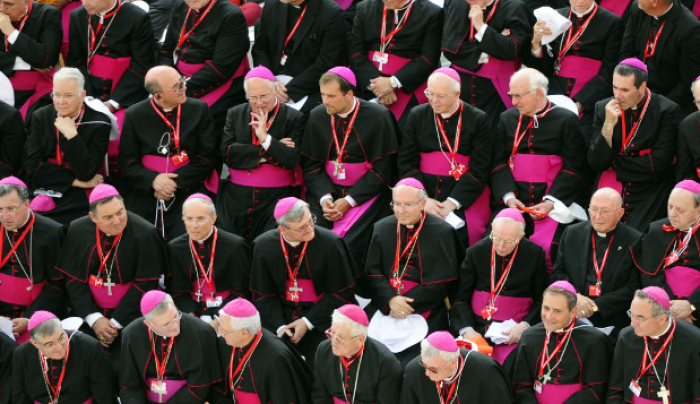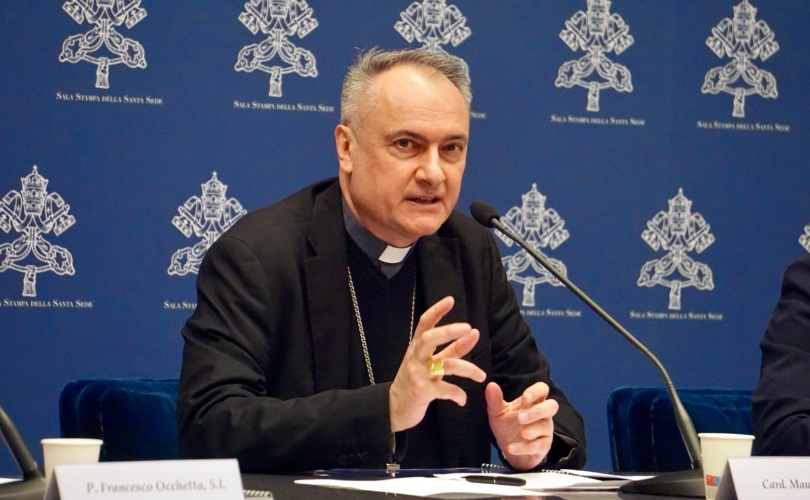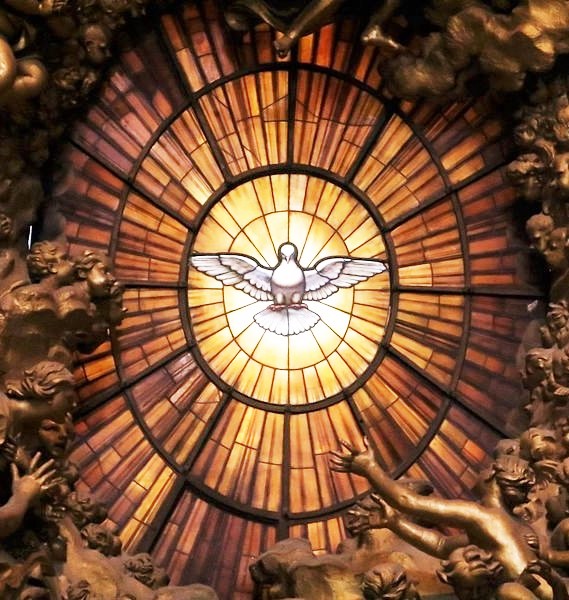Bishops Can Turn the New “Blessings Text” Into a Virtue, by Dr. Jeff Mirus

Pope Francis Fixates on ‘First World Problems’ of the Prosperous and Privileged, While the World Is on Fire, by Jason Scott Jones
December 22, 2023
Fr. Roger Landry: ‘Contemplate Jesus’ This Christmas: A New Bethlehem and the Lessons of Greccio
December 26, 2023
Catholic bishops. (Screenshot)
By Dr. Jeff Mirus, Catholic Culture, Dec 22, 2023
Jeffrey Mirus holds a Ph.D. in intellectual history from Princeton University. A co-founder of Christendom College, he also pioneered Catholic Internet services. He is the founder of Trinity Communications and CatholicCulture.org.
Note at 9:10 pm EST 12/22/2023: Given the rapidity with which opposition by bishops around the world had grown to the new instruction on blessings for same-sex couples since I first began working on this article on Thursday the 21st, and even since I initially posted it earlier in the afternoon today, I found it necessary to make some revisions and repost it.
In the interval not only did I become aware of the increasing worldwide resistance but I learned that the notorious Fr. James Martin, SJ had already made a photo-op out of the new instruction by arranging to bless a gay couple for the benefit of a photographer for the New York Times.
This pro-LGBTQ+ posturing was, of course, predictable. But I did not anticipate such widespread and salutary opposition among the world’s bishops, which raises important questions (as yet unanswered) about how the Pope will respond.


 After writing my
After writing my 

